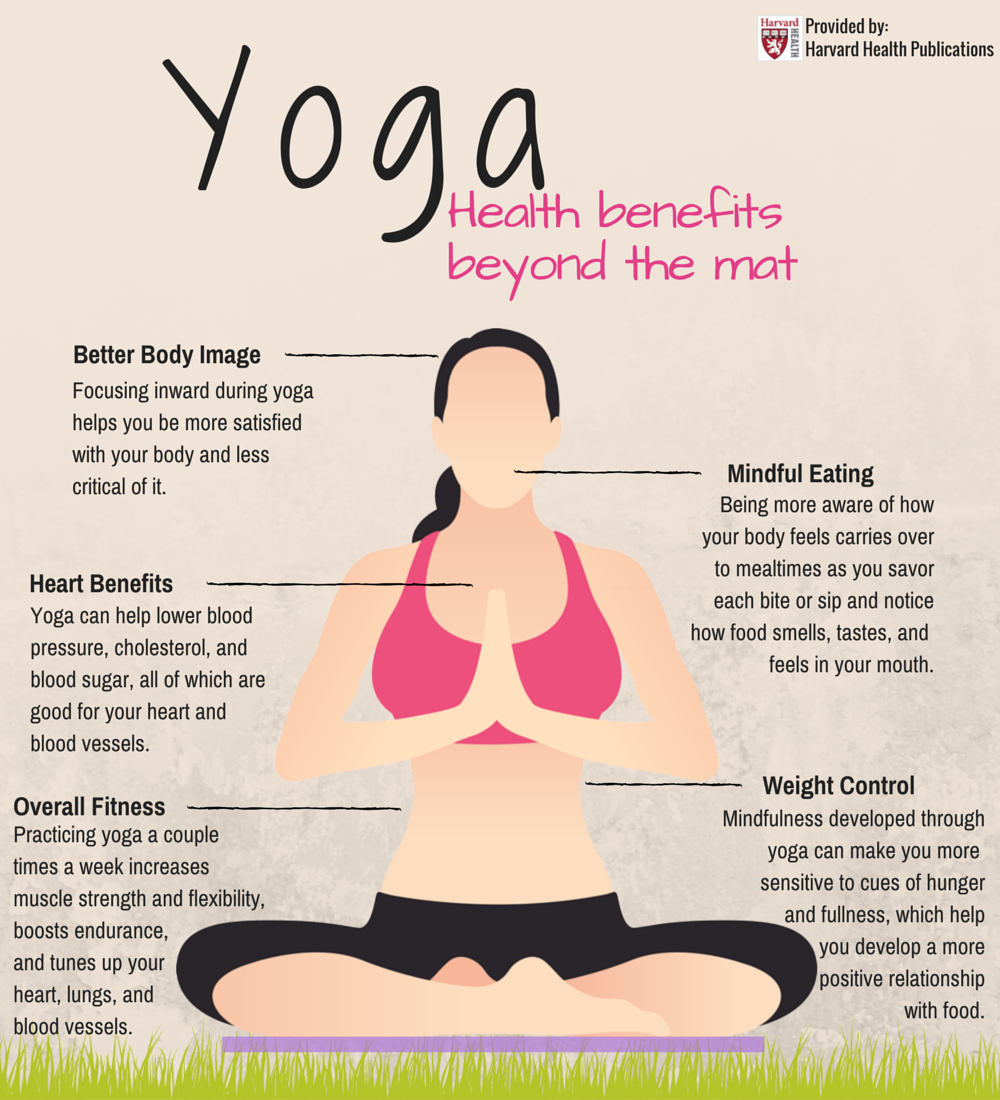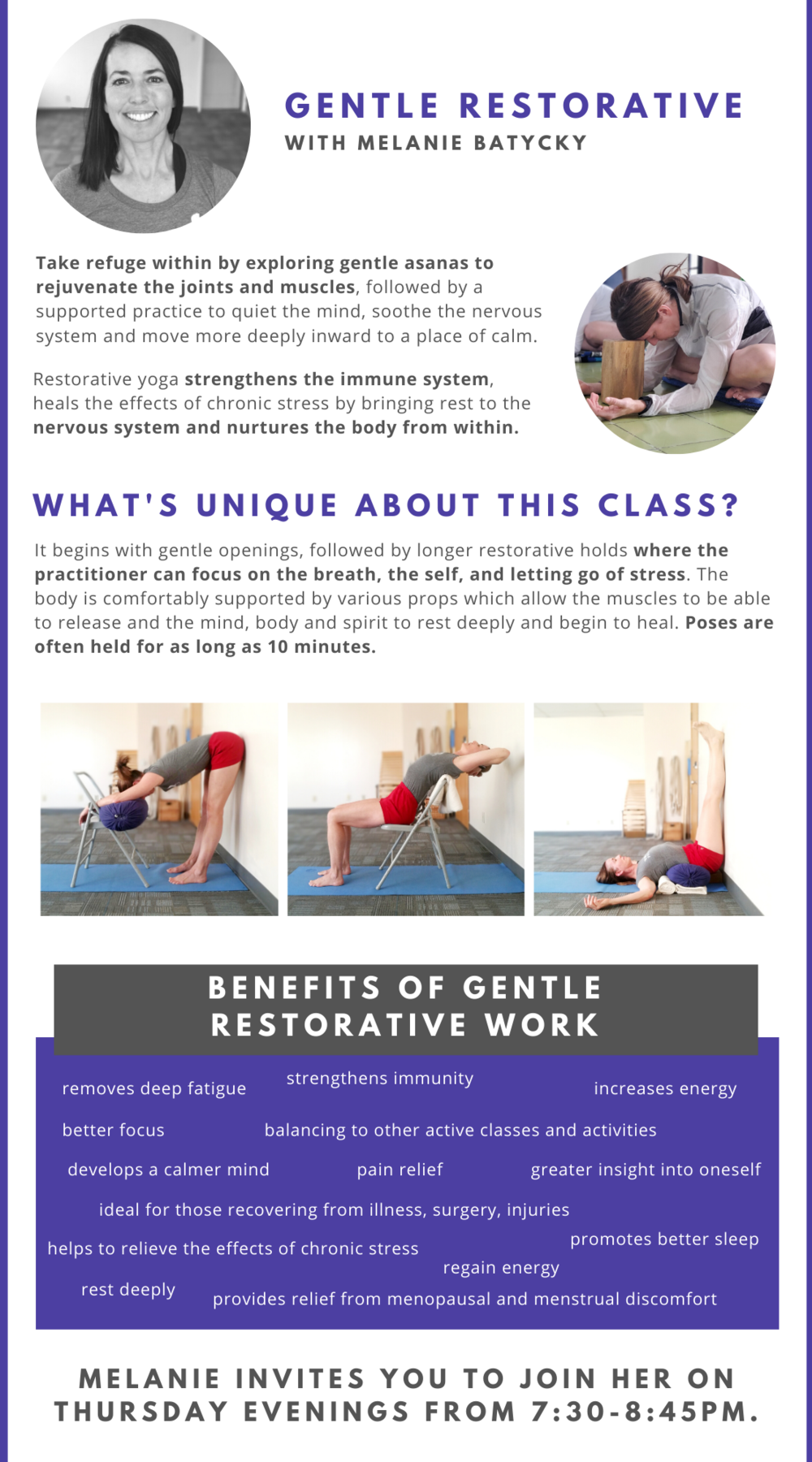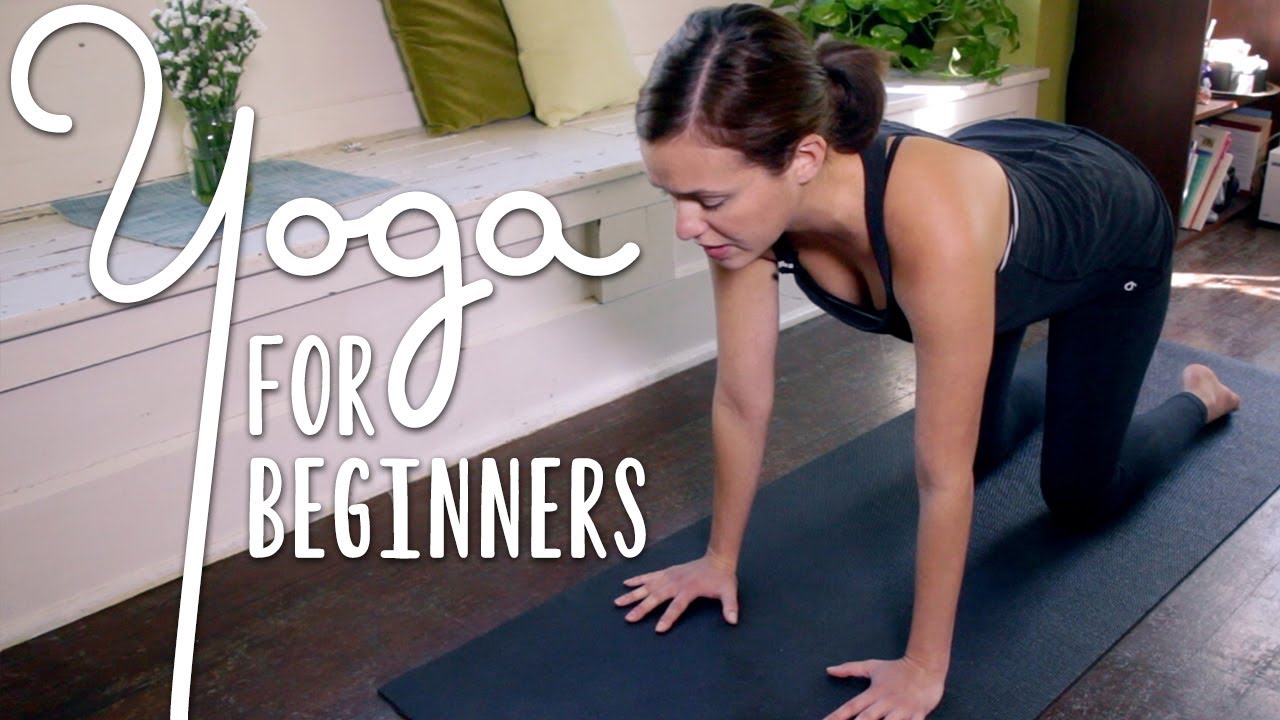
The many benefits of sitting postures in yoga are important for beginners. The following paragraphs will discuss the various benefits of these postures as well as some of the common problems that you may face when practicing these poses. These common issues and the best ways to avoid them are listed below. These problems are common in yoga sitting postures. But they can be solved easily if one knows how to properly perform them.
Props for sitting in yoga
You may be familiar with the various props available for sitting in yoga. You may have heard of the many props for yoga sitting positions. But did you know that you can safely hold them in such a position? Here are some tips. You must first ensure that you have sufficient support. This could be a folded blanket or a sturdy yoga bolster. Second, be aware of your knees. If they begin to pop up, you need more support. You should be able to stay there for at least seven to fifteen minutes.
Yoga straps are a great way to hold your arms and legs in a more extended position. These straps activate the muscles behind the lower body. They can be as long as six feet in length, and include a fastener. Bolsters and blocks are other props. Bolsters can be either large body pillows or folded blankets woven in a woven fabric. These props are not as common, but can be used to support your legs while you sit.

Bolsters can be helpful in a variety of yoga asanas. These bolsters can help increase the opening of the body and relieve any tension in the back. This seated position is often hard for yoga practitioners to maintain. A bolster pillow is a great way to lower stress levels and achieve the best possible yoga sitting posture. In addition to offering support, bolsters also help with alignment issues and help with meditation.
Yoga sitting positions have many benefits
Yoga's sitting positions help to improve digestion, strengthen the body, and calm the mind. Siddhasana is one of the most beneficial poses in yoga. Padmasana is another good pose. These postures can also balance the Nadis and increase the spiritual energy of Chakras. Siddhasana & Padmasana is the most widely practiced sitting position.
Many seated poses can be done by beginners. They can also be modified to suit different levels of strength. They also provide the stability needed to open the body. It can be hard for some people not to sit straight. But lifting your hips into the air can help you maintain a healthy spinal alignment. Sitting allows for a wider range of motion, including opening the chest and shoulders. They are good for stress management and anxiety. These are some of many benefits to yoga sitting postures.
Keep your back straight when seated in this position. To improve your balance, you can place a folded towel or blanket under your left hip. Alternately, you can sit cross-legged on a flat surface with your legs slightly apart. Keep both legs flexed and the right ankle above the left knee. Keep your feet on the floor and your core muscles engaged to maintain this position. In addition to improving your back and reducing the pain in your hips, this posture helps you maintain your posture even more effectively.
Common problems with yoga sitting postures

A leading Oxford neurophysiologist, W. Ritchie Russell, claimed in 1972 that certain yoga postures could cause strokes. Neurophysiologist W. Ritchie Russell had discovered that excessive stretching of the neck and spine caused brain injuries. The human neck is designed to stretch backward, forward, and sideways, but during yoga sitting postures, vertebrae can be rotated far more than this, causing injuries to the vertebrae. The woman who had experienced this stroke was unable to stand and suffered severe pain.
To alleviate some of the pain caused by long-term cross-legged sitting postures, it is important to warm up before attempting these poses. To help you sit more comfortably, do a series lunges and arm circles. If you have injuries or are over 65, pregnant women, or people with disabilities, you should seek medical advice before beginning any yoga sitting positions. Before you start a new exercise program, make sure you consult your healthcare professional.
Your back should be straight when you do a sitting yoga pose. Keep your gaze in front. You can keep your back straight by using your core muscles and keeping your hands above your knees. If your back pain is accompanied by discomfort, try sitting on the floor on the soles of your feet. Use a blanket to increase your comfort or a yoga block for your legs.
FAQ
Why is mental health so important?
Mental health is essential for everyone. Mental health is crucial for all people. So, it is essential to maintain a healthy mind.
If we are not feeling well mentally, our bodies will start to show signs of stress. This could cause health problems, such as stomach aches, backaches, headaches, and other issues. We must take care of ourselves to keep our minds and bodies balanced.
Why is it important to have a healthy mind?
Work, play, learn, and love. Our mental health is a reflection of our overall well-being. Mental health refers to the many factors that affect us daily, including our physical, psychological, spiritual, social, and environmental well-being. The good news is that there are many ways to care for yourself mentally, physically, emotionally, spiritually, socially, and environmentally. It's not necessary to do all the things at once. You can just start!
Understanding where you are at the moment is the first step towards improving mental health. To find out if your support system is adequate, take this quiz. If you score low, then you might want to consider making some changes to your lifestyle.
Imagine you have scored high. Consider the following tips to improve and maintain your mental well-being.
-
Get enough sleep You can keep your brain sharp, energized and alert by getting enough sleep. Try to get 7-8 hours of sleep per night, which is about the amount recommended by the American Academy of Pediatrics (AAP).
-
Exercise Regularly. Exercise releases endorphins in your body which makes you happier and less likely to stress. Do 30 minutes exercise five times a weeks.
What can I do to prevent mental health problems?
It is not easy to prevent mental health problems. These are some tips to remember:
-
Don't drink alcohol. Drinking alcohol can cause depression and affect your mood.
-
Avoid drugs. Drugs can affect your brain chemistry and make you feel worse.
-
Get enough sleep. You can feel anxious or depressed if you don't get enough sleep.
-
Exercise regularly. Exercise releases endorphins in your body, which makes you happy.
-
Healthy foods are the best. You can feel tired and unmotivated if you eat junk food.
-
Spend quality time with loved ones. Spending time with people you love can make you feel happier.
-
Have fun. Enjoy your life and be open to new experiences.
-
You should take breaks from social media. Social media sites can make you feel lonely and isolated.
-
Be kind to your self. Treat yourself nicely, even if you aren't feeling great.
-
Ask for help. Ask for help if it's difficult to cope. Talking to your family member or friend can be very helpful.
-
Remember that it's okay to cry. Crying helps to relieve tension and stress. It does not mean that anything is wrong.
-
Keep busy. Find something you like to do.
-
Maintain good hygiene. Bad hygiene can make it difficult to feel attractive and clean.
-
Keep connected. Stay positive by connecting to others.
-
Learn how to relax. Relaxation techniques like yoga and meditation can help you cope better with stress.
-
Find meaning in what your do. Find meaning in your hobby or work can bring you fulfillment.
-
Keep your eyes on the present moment. Focusing on the present moment will allow you to stop worrying about the future.
-
Set goals. Goal setting can help you be motivated to reach your goals.
-
Do something for yourself. You can improve your self-esteem by doing something nice for you.
-
Practice gratitude. Gratitude can help you appreciate all the good things in your life.
-
Volunteer. Volunteering can provide a rewarding way to spend time with friends and make an impact on the world.
-
Give back. Giving back can help you feel fulfilled.
-
Pay attention to warning signs. You should be aware of warning signs and reach out for assistance if you notice any changes.
How can you improve your wellbeing?
A person's well-being can be defined as their "state of mental, physical, spiritual, or social well-being". There are many factors that can impact our well-being. Your first step towards improving your health and well-being is to identify what areas of your daily life are lacking. Then, try to change these things for the better.
These are five ways you can improve your well-being.
-
Exercise - Physical activity boosts endorphins which make us happier.
-
Sleep - Sleeping more than 6 hours per night decreases stress and anxiety.
-
Nutrition - Eat healthy foods, such as fruits and veggies, to boost your mood.
-
Meditation – Meditation reduces stress and anxiety.
-
Socialization – It's important to spend time with loved ones and make friends.
How do you know if you have a mental illness?
Persons may be diagnosed with mental illness if they have symptoms that are disruptive to their daily life. There are many symptoms of mental illness. The most common symptoms are feeling depressed, sad, anxious, guilty and hopeless, lonely or depressed, as well as guilt, shame, guilt, guilty, guilty, guilty, suicidal and worthless.
A person may also be diagnosed with a mental disorder if they meet at least three out of four criteria listed below:
-
Disturbed feelings or thoughts
-
Unruly behavior
-
Disturbance to functioning
-
Impairment in the ability to relate to others
What does a psychologist say about mental health?
Psychologists believe that mental wellbeing is essential for human development. Psychologists also believe that mental wellness is not just about having mental illness free of all causes, but about being mentally healthy.
Psychologists have different views regarding mental health. Some psychologists feel that mental health doesn't matter because there are so few people with mental illnesses. Other psychologists believe mental health is crucial because we cannot function properly without it.
Statistics
- Neuropsychiatric diseases are the leading cause of death and disability in the U.S., accounting for 18.7 percent of all years of potential lifespan loss and premature mortality.
- It means no drinking any alcoholic beverages and no taking any drugs that aren't 100% natural.
- More than 50% will be diagnosed with a mental illness or disorder at some point in their lifetime.3 (cdc.gov)
- It does have some influence, but not nearly as much as we might think, so focusing less on attaining wealth will likely make you happier (Aknin, Norton, & Dunn, 2009); (positivepsychology.com)
- According to the National Alliance of Mental Illness (NAMI), one in five Americans experiences mental health issues which translates to more than 40 million adults a year. (doctorondemand.com)
External Links
How To
What is the best way to improve your mental health?
Mental health refers both to your mind and your emotional well-being. It affects your mood, behavior, thoughts, actions, relationships, sleep, eat and work.
Everyone needs to be aware of the importance of mental health. Mental health is often associated with depression. Depression is a serious illness that affects millions each year.
Depression is also known as clinical depression because it requires treatment by a medical doctor. However, there are many types of depression, including milder forms that do not require medical intervention.
According to the National Institute of Mental Health, depression is "a common mood disorder that causes depression most of the time, a loss of interest in nearly all activities, feelings of guilt, low self-worth, disturbed sleep, appetite, poor concentration, thoughts of suicide or death."
Different people may experience depression in different ways. People may feel sad, helpless, irritable and anxious. They might also feel worthless, guilt, worthless or tired. Others may easily feel numb, empty, restless, agitated, angry, fearful, and/or cry. Others may not feel anything at all.
It is possible to treat depression. Depression can be managed with medications, psychotherapy and lifestyle adjustments. Depression, if left untreated can cause issues at home, school, work and relationships.
Depression is more common among women than men, although men and boys are affected too. Depression is the leading cause for disability worldwide in men and women aged 15-44 years.